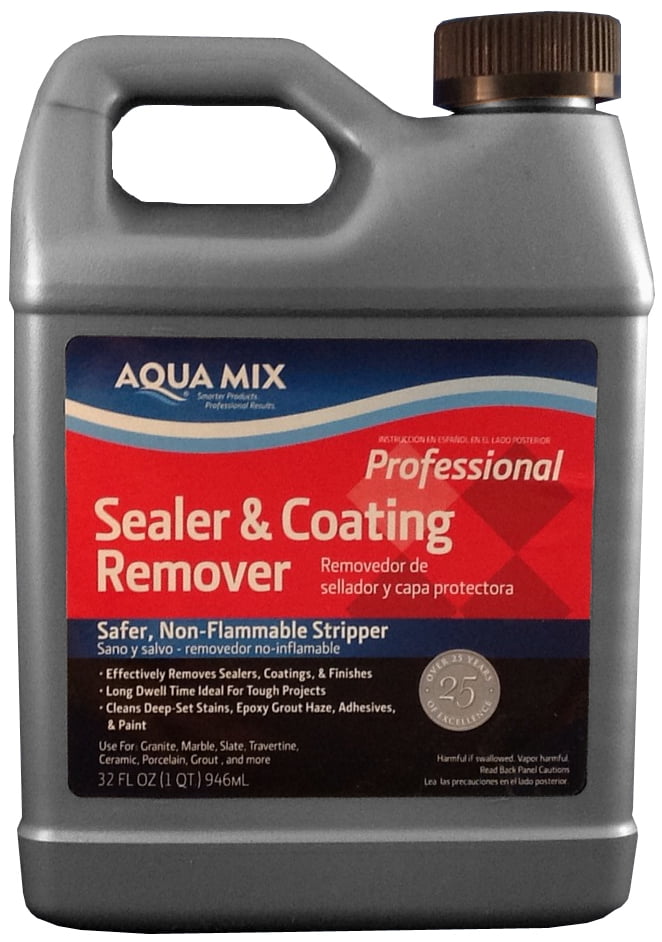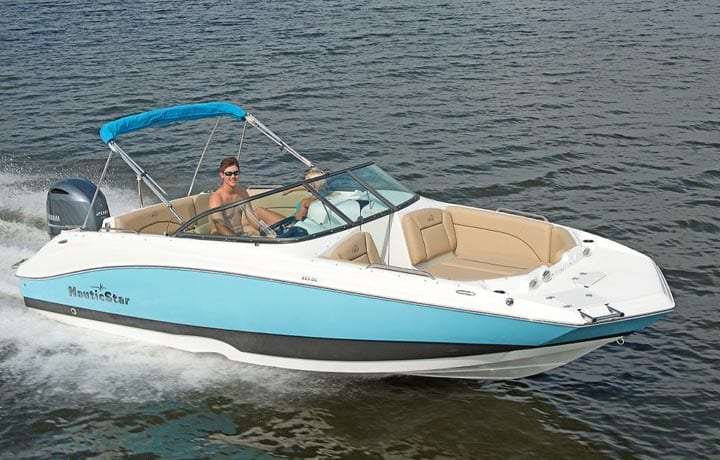
The insurance industry says overzealous litigation is partly to blame. A string of property insurers, including six so far this year, have become insolvent, while others are leaving the state.Īs of July, 27 Florida insurers were on a state watchlist for their precarious financial situation Mark Friedlander, the head of communications for the Insurance Information Institute, expects Hurricane Ian will cause at least some of those to tip into insolvency. average of 5% - according to the Insurance Information Institute, a research organization funded by the insurance industry.įlorida’s insurance industry has seen two straight years of net underwriting losses exceeding $1 billion each year. About 12% of Florida homeowners don’t have property insurance - or more than double the U.S. The costs have gotten so high that some homeowners have forgone coverage altogether. Wind and storm-surge losses from the hurricane could reach between $28 billion and $47 billion, making it Florida’s costliest storm since Hurricane Andrew made landfall in 1992, according to the property analytics firm CoreLogic. But for many Floridians whose homes were destroyed, they now face the arduous task of rebuilding without insurance or paying even steeper prices in an insurance market that was already struggling.

Kelly was lucky that his trailer was largely spared by Hurricane Ian aside from some flood damage. “I can insure a 1940s car, why can’t I insure this?” Kelly said.


He said he checked with a Florida-based insurance agent who searched and couldn’t find anything. Managers at Tropicana Sands told him he likely wouldn’t be able to find a carrier who would offer a policy because the home was too old. But he ran into roadblocks when he tried to insure it. (AP) - Daniel Kelly and his wife bought a 1977 doublewide mobile home in May for about $83,000 at Tropicana Sands, a community for people 55 and older in Fort Myers, Florida.


 0 kommentar(er)
0 kommentar(er)
